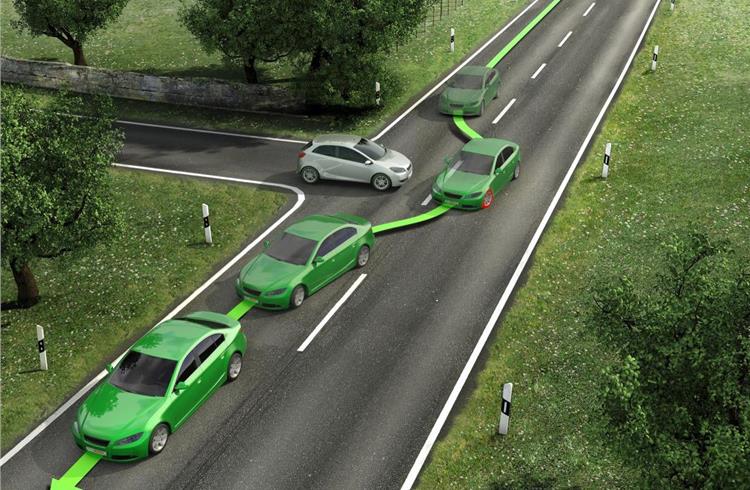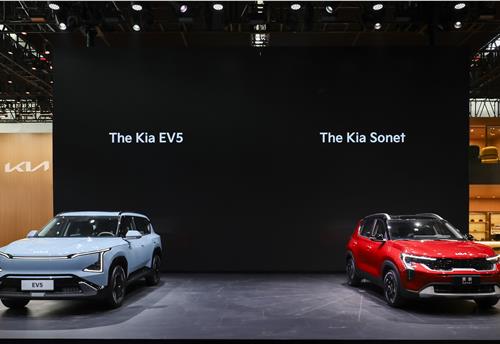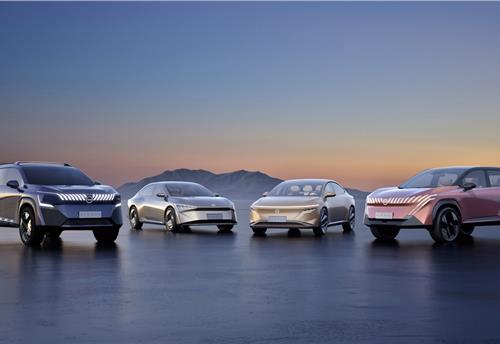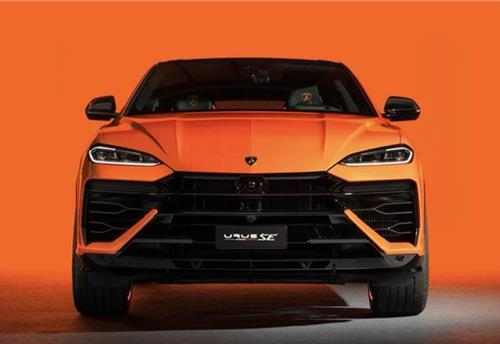Bosch sees acceptance of ESP in Indian vehicles growing to 10 percent by 2021
In the European Union, the ESP electronic stability program will soon be a universal standard. From 1 November 2014, all newly registered passenger cars and light commercial vehicles
In the European Union, the ESP electronic stability program will soon be a universal standard. From 1 November 2014, all newly registered passenger cars and light commercial vehicles with a gross vehicle weight of up to 3.5 tonnes must be equipped with the anti-skid system. The regulation will take effect for all other vehicles one year later. “ESP saves lives,” says Gerhard Steiger, president of the Bosch Chassis Systems Control division. An accident research study by Bosch confirms its effectiveness.
In 2011, ESP prevented more than 33,000 accidents involving injury and saved more than 1,000 lives in the EU member states (of which there were 25 at the time), even though ESP was only installed in an estimated 40 percent of vehicles. Since being launched in 1995, ESP has prevented 190,000 accidents and saved more than 6,000 lives across Europe.
After the seat belt, ESP is the most important vehicle safety system − it is even more important than the airbag. Bosch has manufactured 100 million ESP systems since series production began in 1995. While 84 percent of all new vehicles in Europe were equipped with the anti-skid system in 2014, the figure for all new vehicles worldwide was only 59 percent. “ESP is an unparalleled success story that we hope to replicate outside Europe as well,” says Gerhard Steiger. According to independent studies, up to 80 percent of skidding accidents on the road could be prevented if all vehicles were equipped with the anti-skid system.
ESP – a true all-rounder that offers a lot of added value
Swerving on dry, wet, muddy, or slippery roads often results in severe traffic accidents. Using smart sensors 25 times per second, ESP compares whether the car is actually moving in the direction in which the driver is steering it. If the measured values do not match, the anti-skid system intervenes and first reduces engine torque. If that is not sufficient, it additionally brakes individual wheels, generating the counterforce needed to keep a vehicle on course.
ESP is the logical next step in the further development of the ABS antilock braking system created by Bosch in 1978. Today, ESP is much more than a mere anti-skid system. A number of value-added functions now account for most of its performance, including the ability of ESP to prevent a vehicle from rolling backwards during hill starts. It is also able to stabilise swerving trailers and to reduce the rollover risk of sports utility and light commercial vehicles.
ESP is the basis for many driver assistance systems
The electronic stability program also plays a key role when it comes to many driver assistance systems and automated driving, which is why its development is always ongoing. Bosch offers ESP as a modular concept that offers the right system for all circumstances and requirements, which ranges from the affordable ESP light for entry-level cars in emerging markets and special systems for commercial vehicles all the way to ESP hev regenerative braking systems for hybrid and electric vehicles.
With its customised solutions, Bosch supports the worldwide efforts of manufacturers and governments to make active safety systems standard equipment in every vehicle. Other countries have also begun to recognise that ESP is extremely important for road safety. Since September 2011, ESP has been mandated for all vehicles in the United States and Canada with a gross vehicle weight up to 4.5 metric tonnes. Australia and Israel have also made ESP mandatory. Similar regulations will take effect in Japan, Korea, Russia, and Turkey in the years ahead.
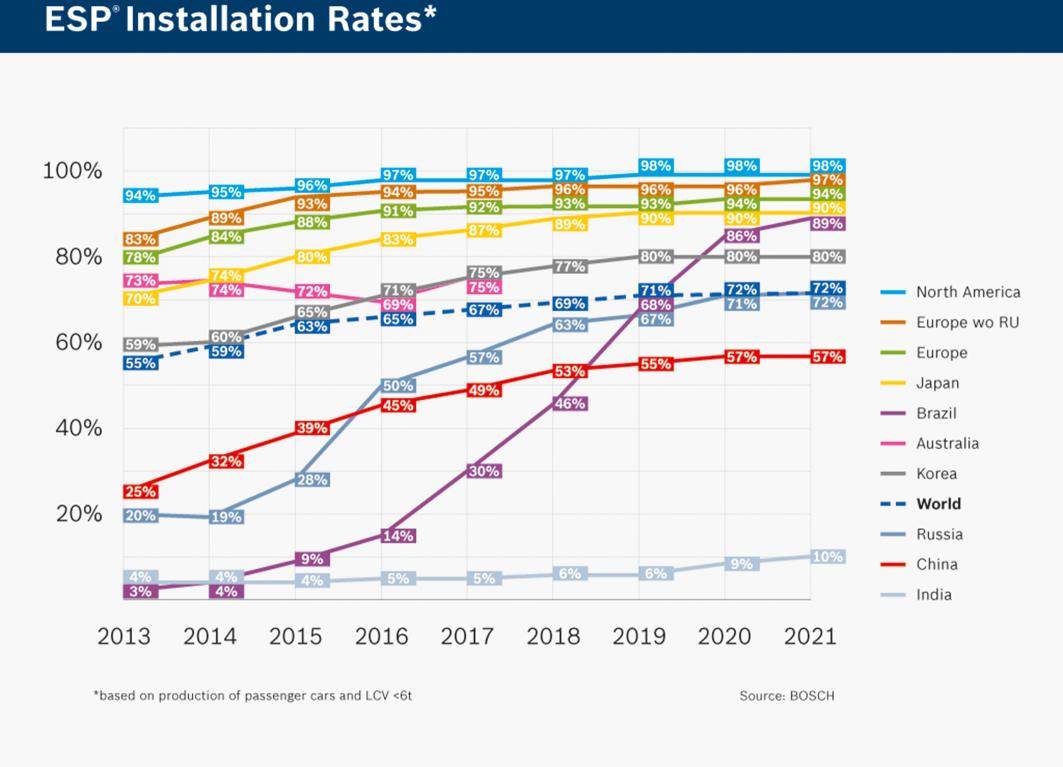
See the attached graph above and it is clear that North America, Europe and Japan have the highest rates of ESP installation. Bosch estimates that in India, with awareness of vehicle and road safety gradually growing, the ESP installation rate will grow from around 4 percent at present to around 10 percent by 2021.
RELATED ARTICLES
Kia displays EV5 and Sonet SUVs for Chinese market
Kia has unveiled a number of key models and new technologies for Chinese customers at the 2024 Beijing International Aut...
Nissan targets growth in China, unveils four NEV concepts at Beijing Motor Show
The two EVs and two plug-in hybrids are a joint effort with Nissan’s local partner Dong Feng and aimed to better address...
Lamborghini unveils Urus SE ahead of Auto China 2024
Electric-only range of 60km helps reduce emissions by 80%.





 By Autocar Pro News Desk
By Autocar Pro News Desk
 03 Nov 2014
03 Nov 2014
 13486 Views
13486 Views



